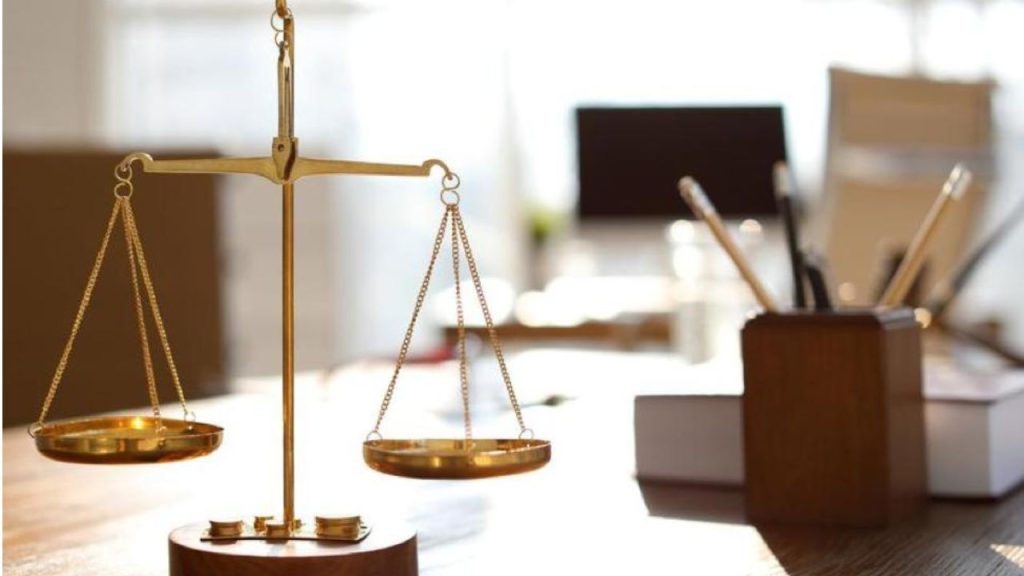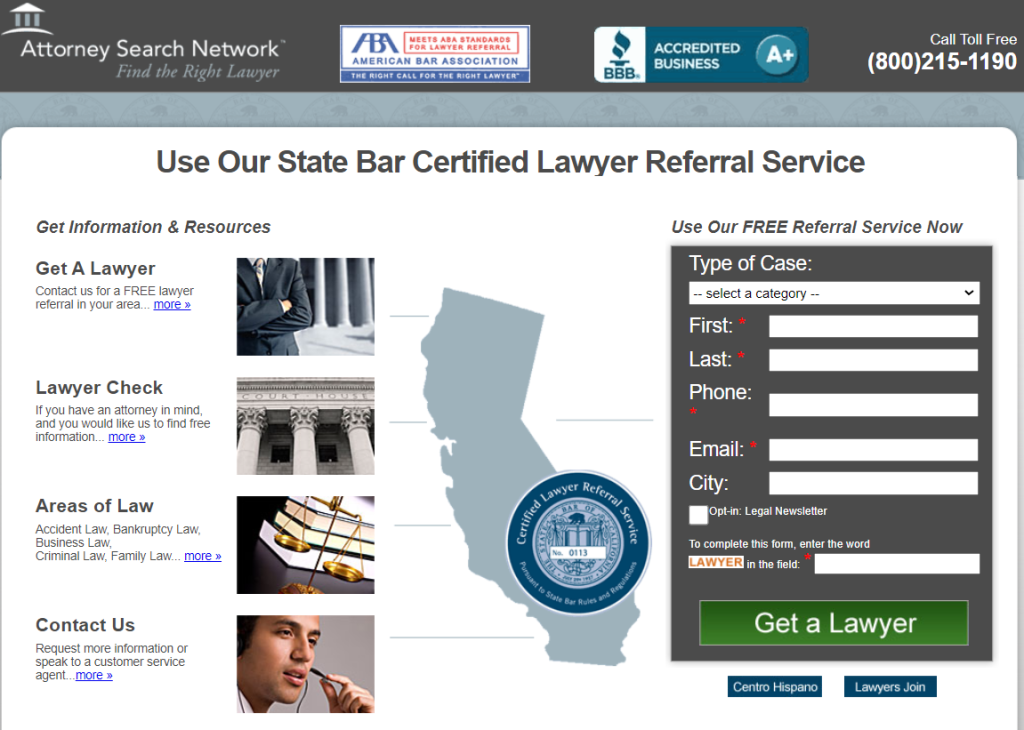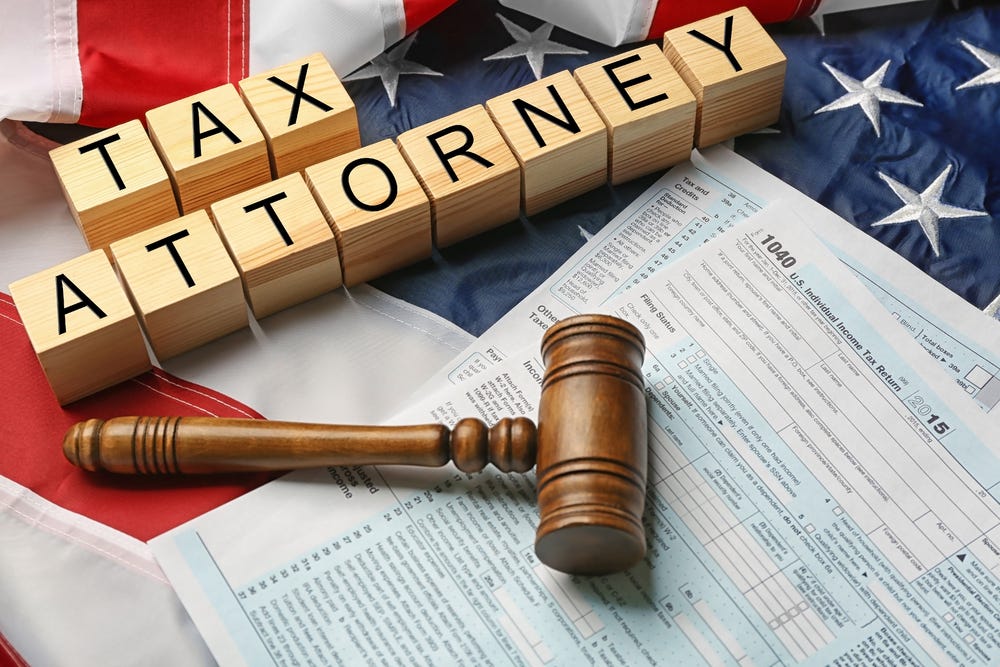In most places, a felony conviction does not automatically bar you from practicing law. However, this is frequently only true if you can go through your state’s moral character evaluation procedure. If you can credibly demonstrate that you have changed after your conviction, you should be able to pass this review in most cases.

Becoming a lawyer requires perseverance, dedication, and in-depth legal knowledge. But for those with a history of felonies, the path to becoming a lawyer may seem uncertain. There is a big issue over whether it’s still possible to work in this field after a criminal conviction. In this extensive tutorial, we dissect the nuances of the potential for someone with a felony on their record to enter the legal sector.
We illuminated the several paths available to prospective attorneys looking for atonement and a new beginning through perceptive investigation and helpful guidance. Join us as we explore this issue in-depth and provide clarity and hope for the future if you’re interested in the chances of a legal profession following a felony conviction.
Can You Become a Lawyer with a Felony?
Yes, without a doubt. Even while there can be obstacles, a felony record does not automatically exclude you from practicing law. Numerous variables are involved, such as the gravity of the offense, the duration since the conviction, and your attempts at rehabilitation. State bar organizations and legal education institutes evaluate each case individually, considering the applicant’s moral fiber, suitability, and potential to advance the legal profession.
Your state bar organization will often act against you if you are found guilty of a crime while actively practicing law. Disciplinary actions might consist of:
- a warning,
- a suspension from practicing law,
- or disbarment
Only three of the 50 states in the union prohibit convicted criminals from practicing law:
- Kansas
- Mississippi
- Texas
Notwithstanding their criminal past, other considerations may influence whether candidates are granted a law license. Openness is among the most crucial elements. Candidates wish to provide all relevant information about their prior criminal convictions.
Which Steps Make Up the Bar Application Process?
The bar application is one of the most critical steps in becoming a licensed attorney. Candidates must complete this comprehensive application and meet several conditions to confirm their qualifications and uphold the highest ethical standards to practice law. Usually, the application procedure entails:
- Getting through the bar test
- displaying virtuous moral character
- giving a detailed explanation of your professional experience and legal education
People with criminal convictions may be subject to further scrutiny in many jurisdictions and must prove their rehabilitation to be approved. To determine if prospective attorneys satisfy the requirements set out by legal authorities to practice law ethically and competently, the bar application acts as a gateway.
What Is the Moral Character Requirement?
Your prior life is examined in detail by the moral character criterion, including any criminal history. To pass the bar, you must be of excellent moral character, which this information determines.
Now is the ideal moment to fully reveal any facts related to your criminal conviction. Hiding any criminal record or character defects during this section of the application is the last thing you should do. Your application may be rejected if you cannot demonstrate your moral integrity.
Even though a conviction on your criminal record might hinder this, your state bar might accept your application if you can show that you have undergone rehabilitation. Consult a knowledgeable criminal defense attorney to learn more about how to prepare for this phase.
You have to demonstrate in your bar application how your life has altered after your felony conviction. You wish to present to California’s licensing body that you are not the person you formerly were. Add supporting material to your application demonstrating your deliberate efforts to fortify your character.
What Is Proof of Rehabilitation?
To establish credibility with the California licensing authorities, rehabilitation documentation is required. Evidence of your recovery implies that you have a clean record. The standards for demonstrating proof of rehabilitation vary by state. For instance, some governments could mandate that candidates wait to apply until a certain amount of time has elapsed.
Any supporting documentation must demonstrate a steady trend of development and maturity. The period between your criminal conviction and the application procedure must be used to illustrate this rehabilitation pattern.
It also speaks poorly of your moral character to try to hide a criminal record from the state licensing body; it might imply that you are not as reliable as others thought.
Options for a Legal Career for Convicted Felons:
Although it might not stop you from practicing law in your state, your felony conviction can limit the kind of lawyer you can become. Assume that you were convicted of theft as a felony at the moment. Your chances of becoming a financial lawyer are lower than those of a personal injury attorney.
Examining the reintegration and rehabilitation process for criminals in the legal field brings to light the potential and difficulties experienced by those trying to resume their careers after a conviction.
You may lose your civil rights if found guilty of a felony. The ability to vote, serve on juries, and run for public office are just a few of the civil liberties that have been revoked.
You can ask to have your civil rights reinstated after serving your sentence for your felony conviction. This may be done in a few different ways. A governor may choose to grant you a pardon. A governor’s pardon can also be requested through several government organizations.
Our criminal defense attorneys might investigate the possibility of erasing your criminal record. Penal Code 1203.4 allows for the charges to be removed from your record. After examining your situation, we can decide how to proceed and if you match the eligibility conditions.
The repercussions of trying to hide a felony conviction are severe. Your application for the bar may be rejected as a consequence. Now is the moment to come clean about your criminal conviction and moral character assessment.
Telling the state’s licensing authorities about your criminal record will demonstrate your genuine character. It doesn’t matter if you have a criminal record—you must still establish your moral integrity. Being open and honest about your background is the best approach to demonstrate your honesty.
It is possible to better understand the broader effects of legislation on social justice, rehabilitation, and public opinion of the legal system by looking at the societal ramifications of permitting or prohibiting criminals from practicing law.
How Would a Conviction Affect My Legal Practice?
As the regulating organization that monitors lawyers, the State Bar of California is serious about criminal convictions and professional misbehavior. The State Bar may start disciplinary procedures after learning of a sentence and looking into the kind and seriousness of the offense.
Depending on the seriousness of the conviction and its ramifications for moral and professional behavior, the repercussions might include disciplinary measures ranging from suspension to disbarment. To successfully navigate the disciplinary process, promptly disclose any convictions to the State Bar and obtain legal counsel from a skilled California criminal defense attorney.
Read Also – What are the key challenges law firms face when it comes to marketing their services?



